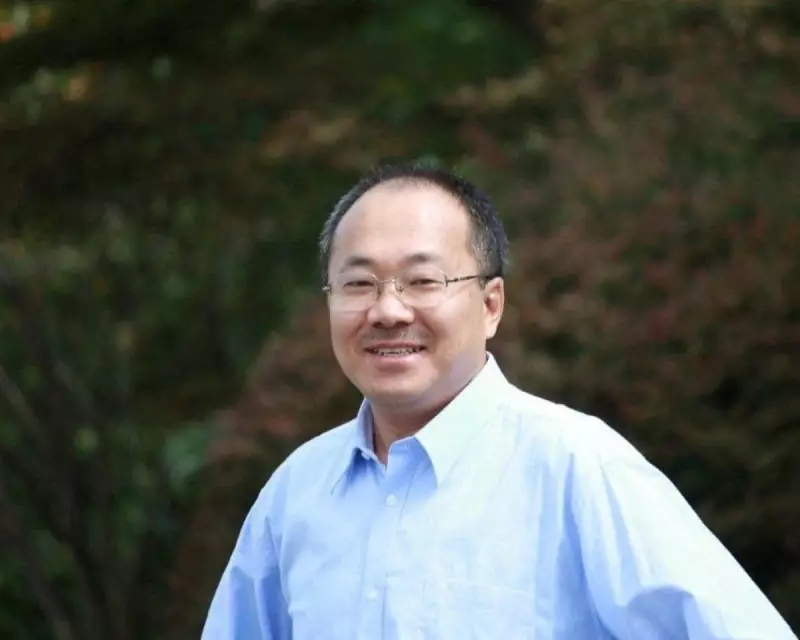
A Beijing court is poised to deliver its judgment on Thursday regarding the appeal of Dong Yuyu, a prominent Chinese journalist currently serving a seven-year prison sentence for espionage. This high-profile case has attracted significant criticism from global human rights organisations and foreign governments, casting a spotlight on press freedom within China.
International Outcry Over Detention
Dong Yuyu has been in custody since his arrest in February 2022 during a lunch meeting with a Japanese diplomat in Beijing. While the diplomat was released after several hours, Dong remained detained. He was formally charged with spying in April 2023, convicted in November 2024, and subsequently sentenced to seven years imprisonment. He filed an appeal against the conviction the following month.
The detention and sentencing of Dong, who had a long and distinguished career within Chinese state media, including as a senior columnist for the Communist party's Guangming Daily, has been met with international dismay. The US government, alongside major press freedom and human rights groups, has consistently criticised the proceedings.
A Career of International Engagement
Dong's professional background is marked by significant international exposure, which appears to have been used against him. He was a recipient of a prestigious Nieman fellowship at Harvard University in 2006 and had also served as a visiting scholar at two Japanese universities. His work extended beyond Chinese state media, having been published in the Chinese editions of the New York Times and the Financial Times.
The Nieman Foundation has publicly described him as a "cherished member" of their global community and has called for his immediate release. Furthermore, the Committee to Protect Journalists (CPJ) plans to honour Dong with an International Press Freedom award at a ceremony in New York on 20 November.
Questions Over Evidence and a Chilling Message
Serious doubts have been raised about the evidence presented in the case. Dong's indictment referenced several senior Japanese diplomats who, despite allegedly being involved in the espionage ring, have not been expelled from China. Dong's family points to this as clear evidence of his innocence.
His son, Dong Yifu, stated, "It’s pretty obvious there is no legal argument to uphold the verdict … there’s really no evidence." He argued that the case sets a dangerous precedent, suggesting that "Chinese people can be penalised very severely for just interacting and talking to foreigners." He added that it sends a message that any foreigner in China can be labelled a spy to prosecute the Chinese citizens they meet.
Ian Johnson, a writer and friend of Dong's, contextualised the case, saying Dong "represents a time when Chinese people were encouraged to go out and participate in the outside world." Johnson concluded that "His incarceration shows that China’s reform era is really over."
Within Chinese media circles, Dong was known for his reporting on sensitive topics like social issues, corruption, and constitutional reform, making him a rare independent voice. His troubles are not new; in 2017, a Communist party investigation threatened him with demotion for writing deemed "anti-socialist".
Beh Lih Yi, the Asia Pacific regional director for the CPJ, warned that Dong's imprisonment "creates a chilling effect designed to stop or prevent any Chinese from speaking with foreigners because they can be easily accused of engaging in espionage activities." The CPJ has urged the Chinese government to release him immediately.
A spokesperson for the Chinese government did not respond to requests for comment on the matter. Under Chinese law, espionage convictions can carry sentences from three to ten years for less severe cases, with life imprisonment possible in more serious instances.





